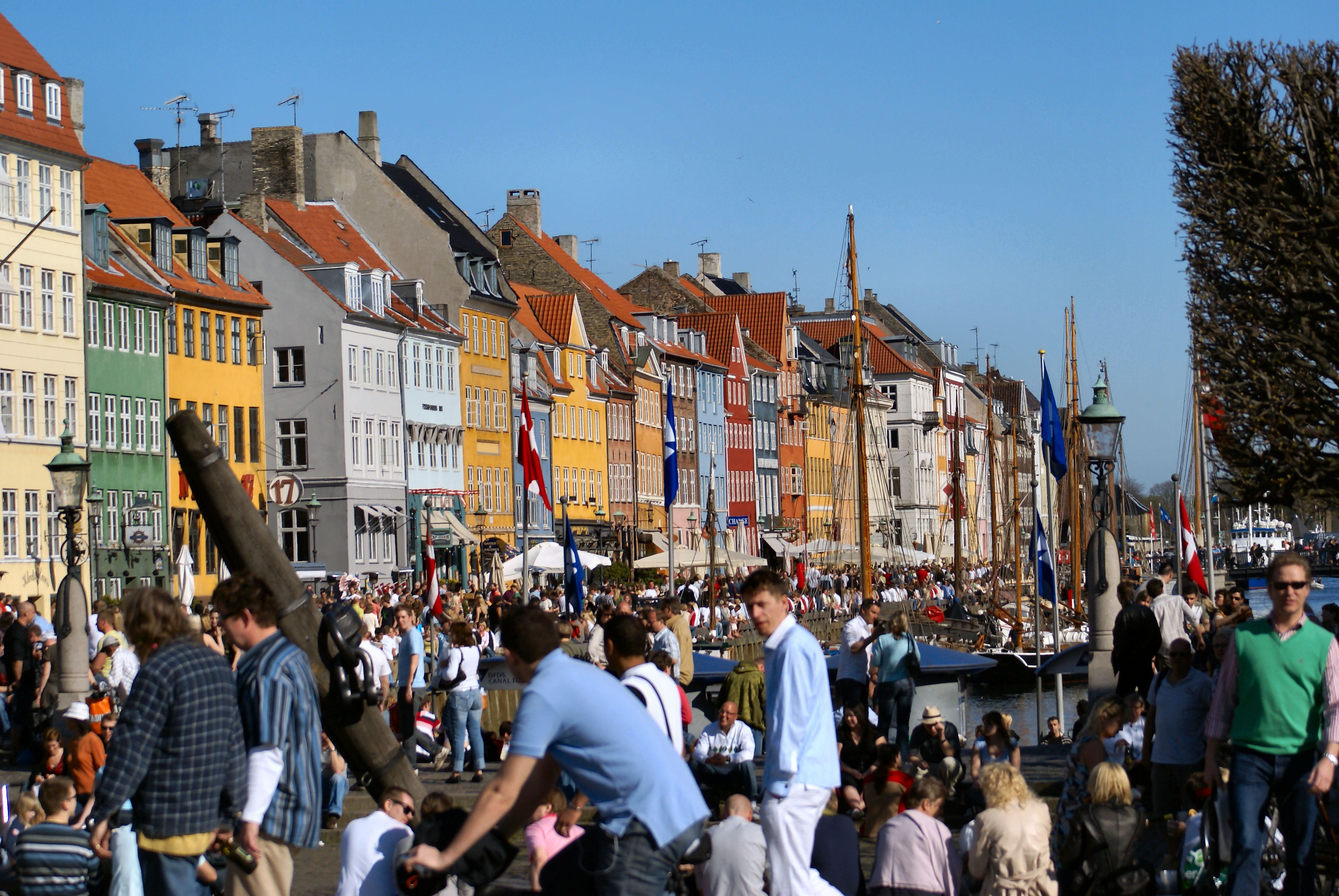Germany seemed to be winning the cross-border trade war when Danish discount supermarket chain Fakta in October opened two shops in northern Germany in order to attract Danish consumers with cheaper German prices.
But a new study by the bank NyKredit has shown that reports over the extent to which lower taxes and levies allows German retailers to undercut their Danish counterparts may be exaggerated.
For example, the study shows that residents of Denmark’s second-largest city, Aarhus, would need to buy at least 3,840 cans of soda before their car journey pays off.
And due to petrol prices, driving the 180 kilometres to fill your car with slightly cheaper German beer would actually cost 700 kroner more than if it had been bought locally.
According to Nykredit economist Johan Juul-Jensen, Denmark’s flourishing discount retail industry means products that are only slightly cheaper in Germany are available only a short drive away from most Danes.
“Either Danish consumers are cheating themselves or they are not primarily motivated by savings and feel like the trip to and from [Germany] was worth it in itself,” Juul-Jensen wrote in a press release. “It is far from certain that a trip over the border to buy beverages and other products will pay for itself.”
According to Nykredit, there are significant savings to be made from purchasing products such as candy, chocolate and certain sodas in Germany. But Juul-Jensen said that many Danes underestimate the costs of driving. In a modern, efficient car, a return trip from Kolding, only 90 kilometres from the border, will cost 400 kroner. The same trip will cost 1,100 kroner if setting off from Copenhagen.
“If you fill your car with cans of soda, coffee, beer or toothpaste, you either need to fill you car with large quantities or live near the border to make it worth the journey,” Juul-Jensen wrote. “The abolition of the fat tax has reduced the benefit of cross-border trade, although there are still some areas where savings can be made, especially with services such as dentistry and car repairs.”
The government tried to introduce taxes on fat and sugar but were placed under pressure to abolish them by food manufacturers, who argued that the levies encouraged consumers to head to Germany for lower prices.
While both the fat and sugar taxes were dropped to the delight of manufacturers, some groups, including the trade union HK Denmark, voiced disappointment that the government’s recent growth package included no specific initiatives to minimise losses brought about through cross-border trade.
“We have lost a lot of jobs because of all the trade that has moved south of the border and we think this needs to be addressed,” HK Danmark chairman Kim Simonsen told public broadcaster DR.
HK Danmark’s position is supported by business lobby group Dansk Erhverv, which wants the government to reduce taxes and levies on a range of popular products to encourage consumers to buy them in Denmark.
But according to a 2012 report by the Tax Ministry, cross-border trade declined from a value of 15.6 billion kroner in 2005 to 9.6 billion kroner in 2011.
More importantly, however, is the fact that more foreigners buy more products in Denmark than Danes do abroad, leading Denmark to earn a net profit of 4.5 billion kroner because of cross-border trade.











